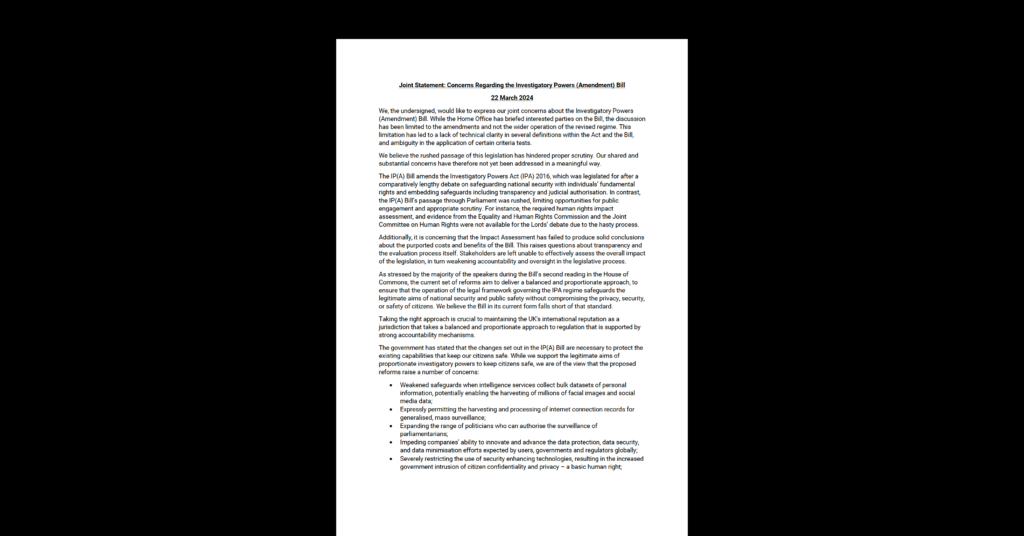European Net Neutrality Legislation is a Step Forward but Significant Questions Remain
Today, the European Parliament voted to pass the proposed Telecommunications Single Market Regulation. The Regulation includes a set of provisions to safeguard non-discrimination of traffic on the Internet. It provides a legal basis for European regulators to ensure that telecommunications operators and ISPs do not prioritise and discriminate between different content and applications.
“The outcome is necessarily a compromise, and should be viewed as a floor for net neutrality protections, rather than a ceiling,” said Jens-Henrik Jeppesen, Director of European Affairs at the Center for Democracy & Technology (CDT). On balance, however, the Regulation is a step forward in protecting an open Internet throughout the EU.”
The text of the Regulation could be much more precise and prescriptive on other services operators may run on their networks besides Internet access services (in US parlance, specialized services), and it does not have explicit provisions on zero-rating models. However, similar issues pervade the United States’ Open Internet regulation’s approach to zero-rating, specialized services, and network management issues. All regulators seeking to craft open Internet protections will continue to face these issues.
Net neutrality has been a subject of contention in Europe for several years. The last two years of negotiations between Member State governments and the European Parliament have been difficult, and the passed Regulation reflects that. Open Internet legislation currently only exists only in two EU Member States, and the Regulation will apply across the EU.
“As important as the text itself is the vigour and competence with which regulators implement and enforce it,” Jeppesen added.
The Body of European Regulators for Electronic Communications (BEREC) will now draw up detailed guidelines for implementation. This will be an important process, and CDT will provide commentary and input to the upcoming consultation.


